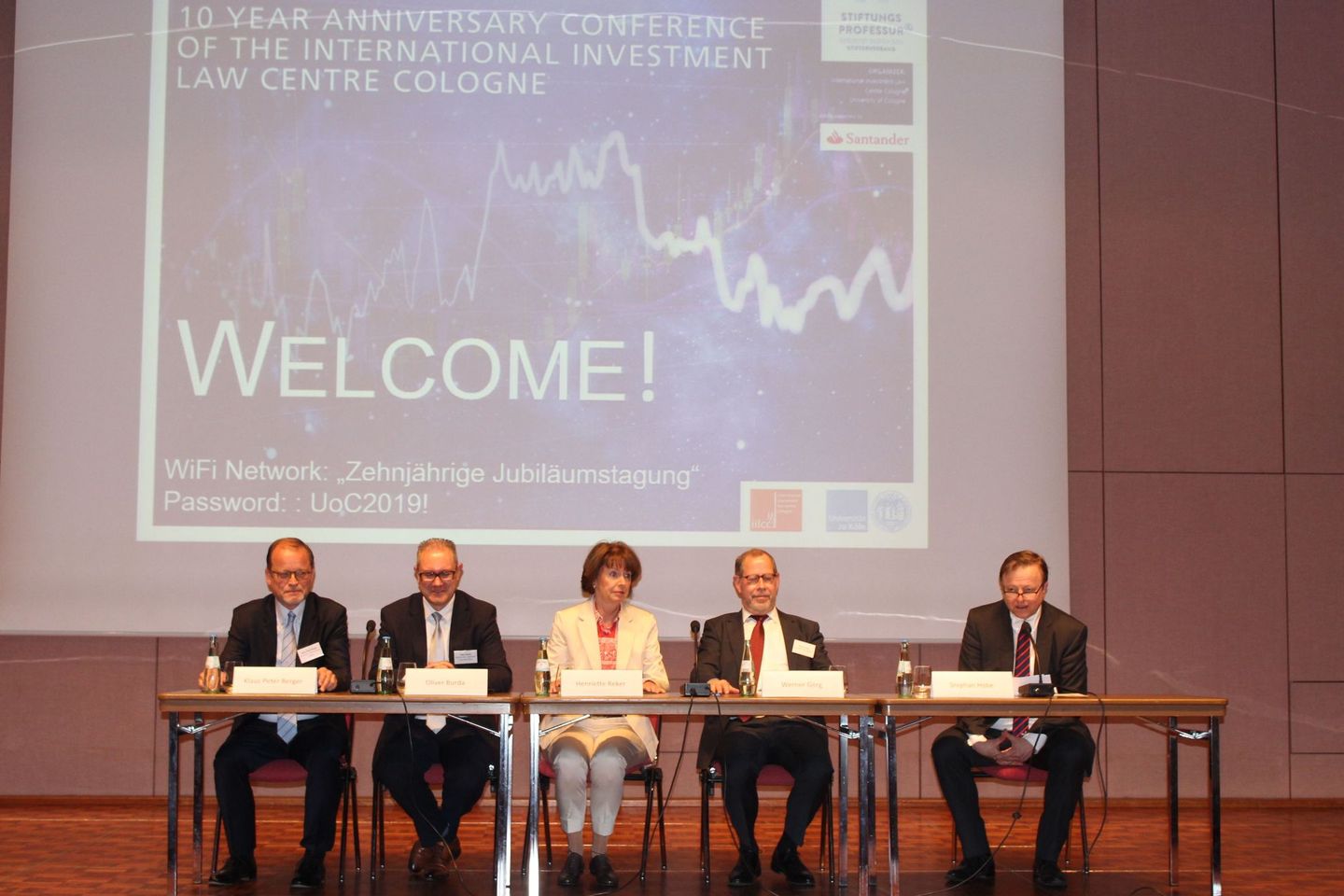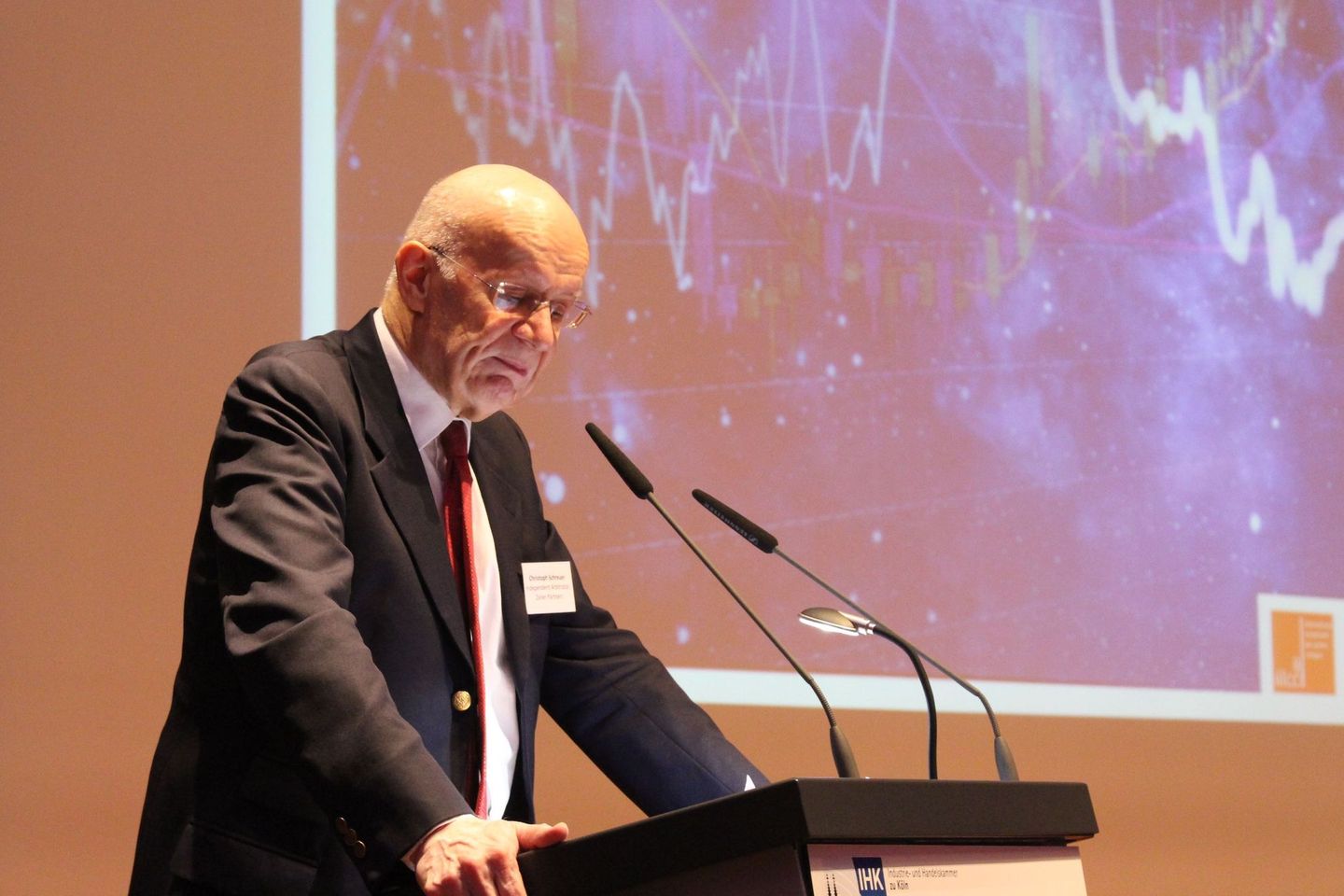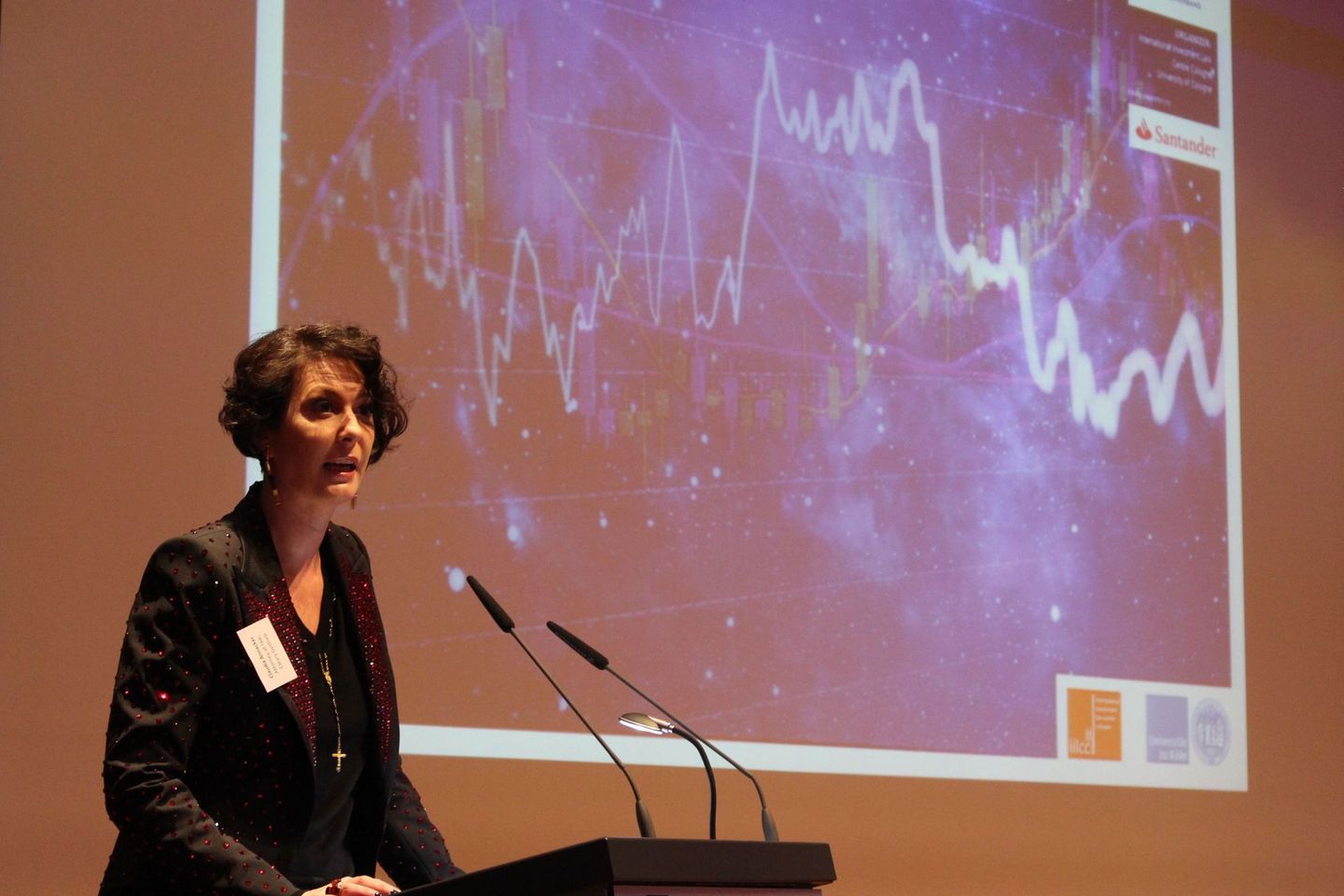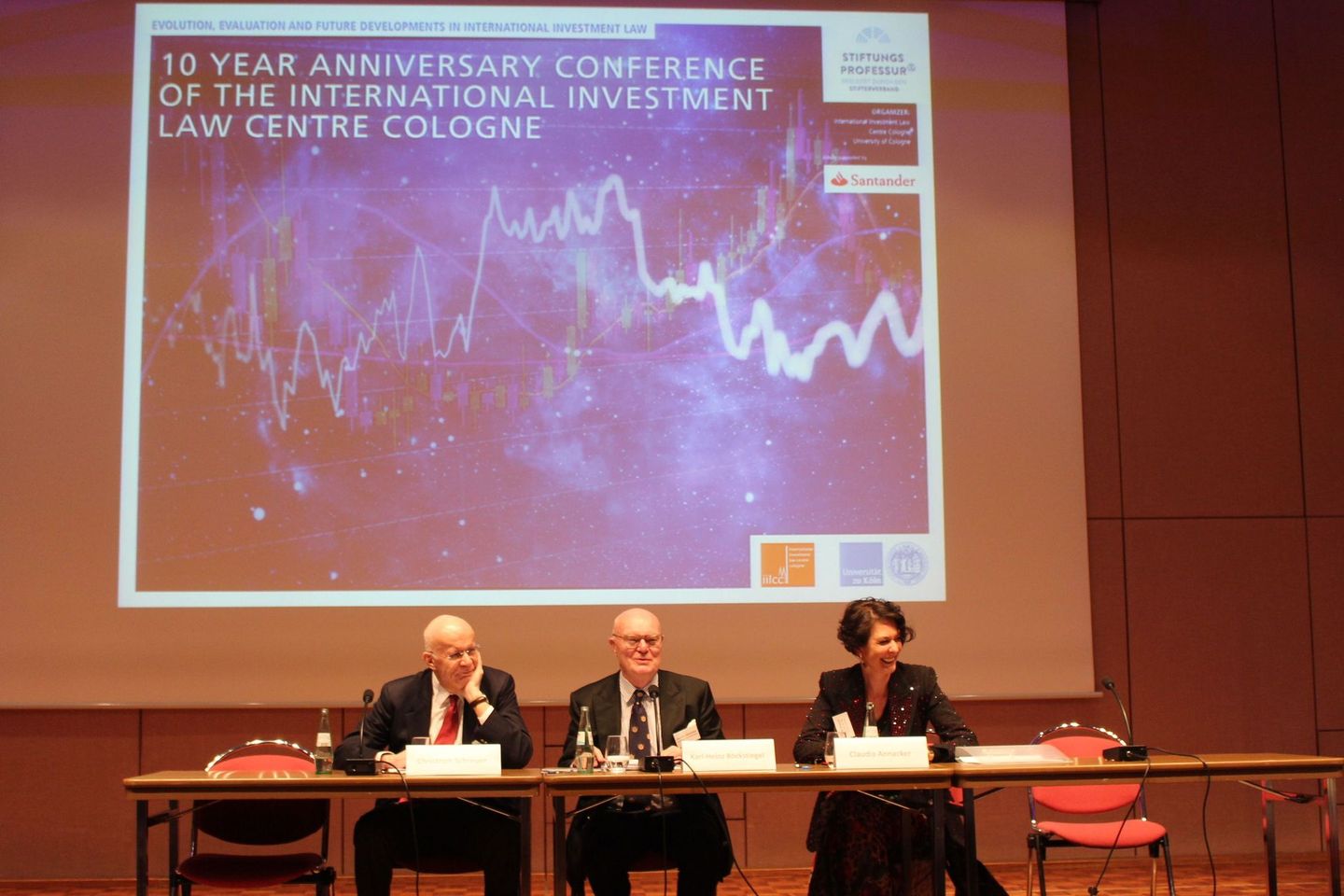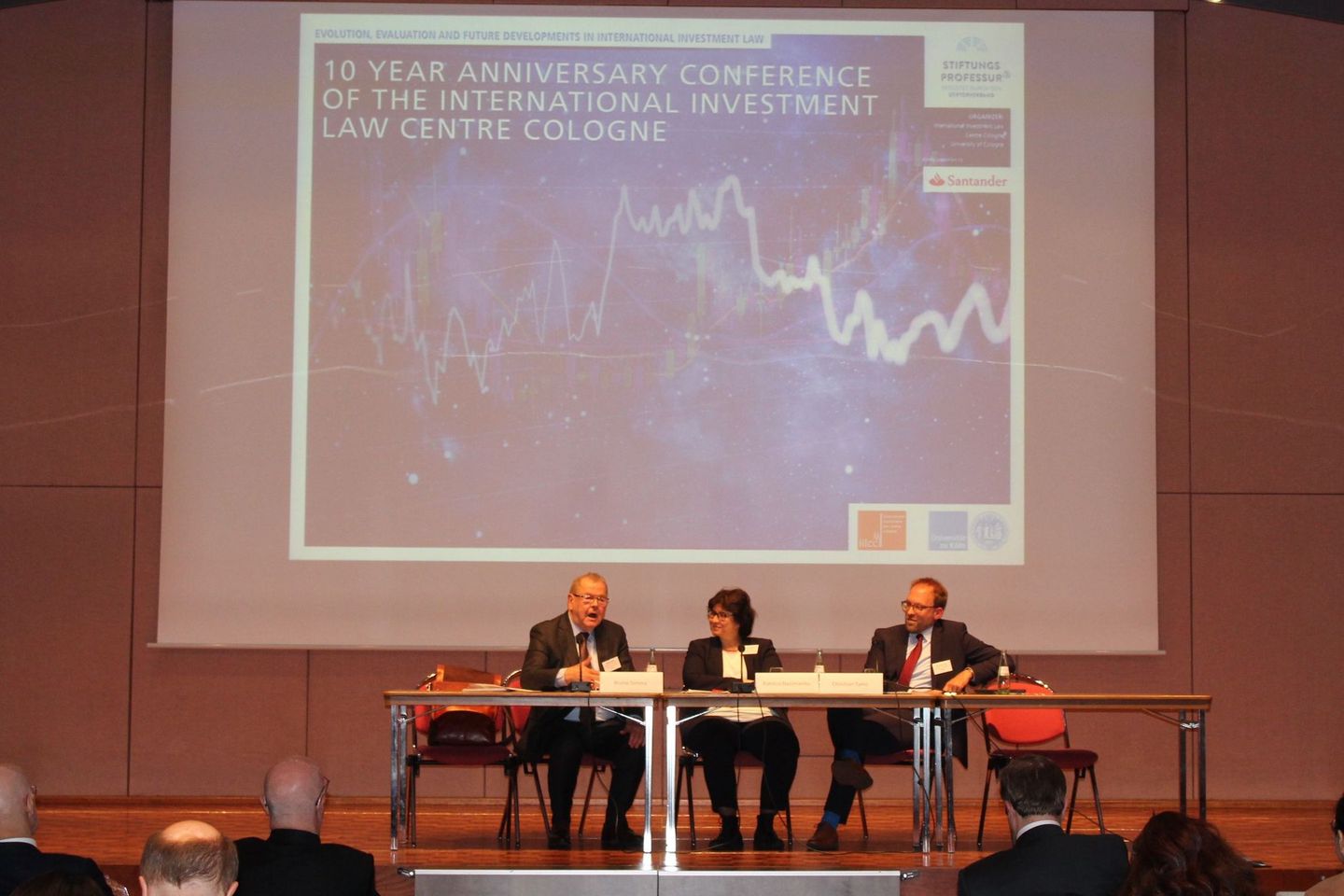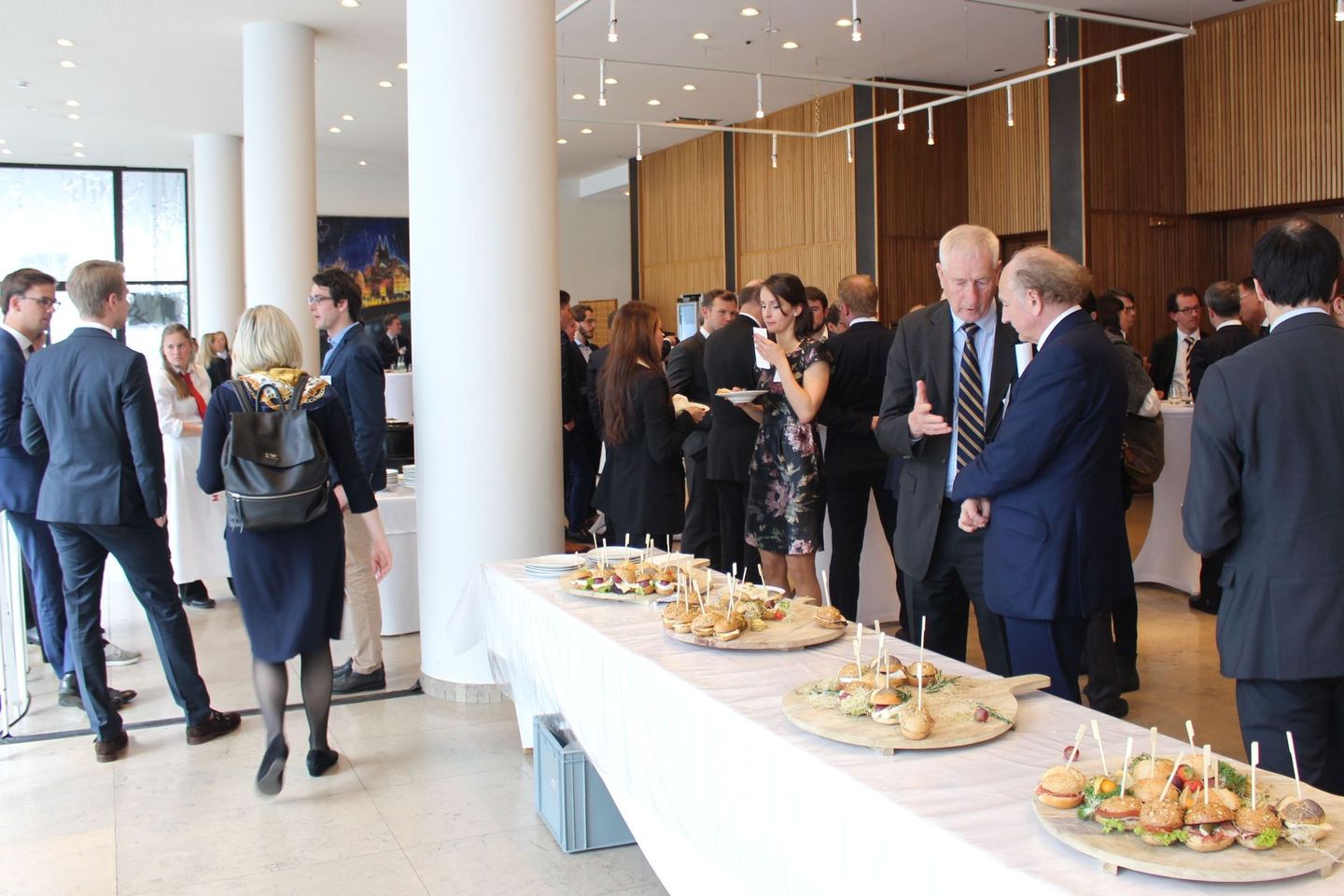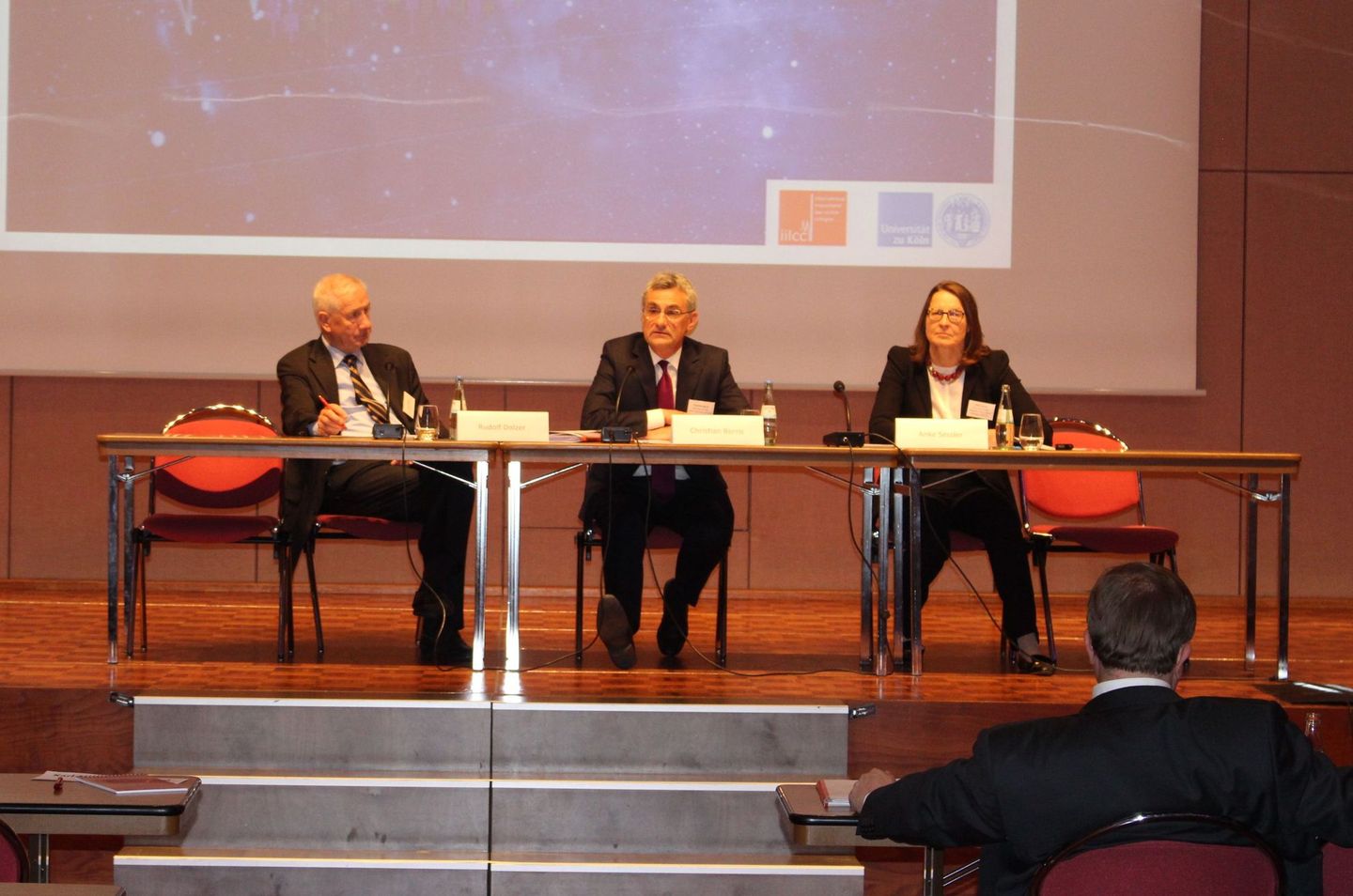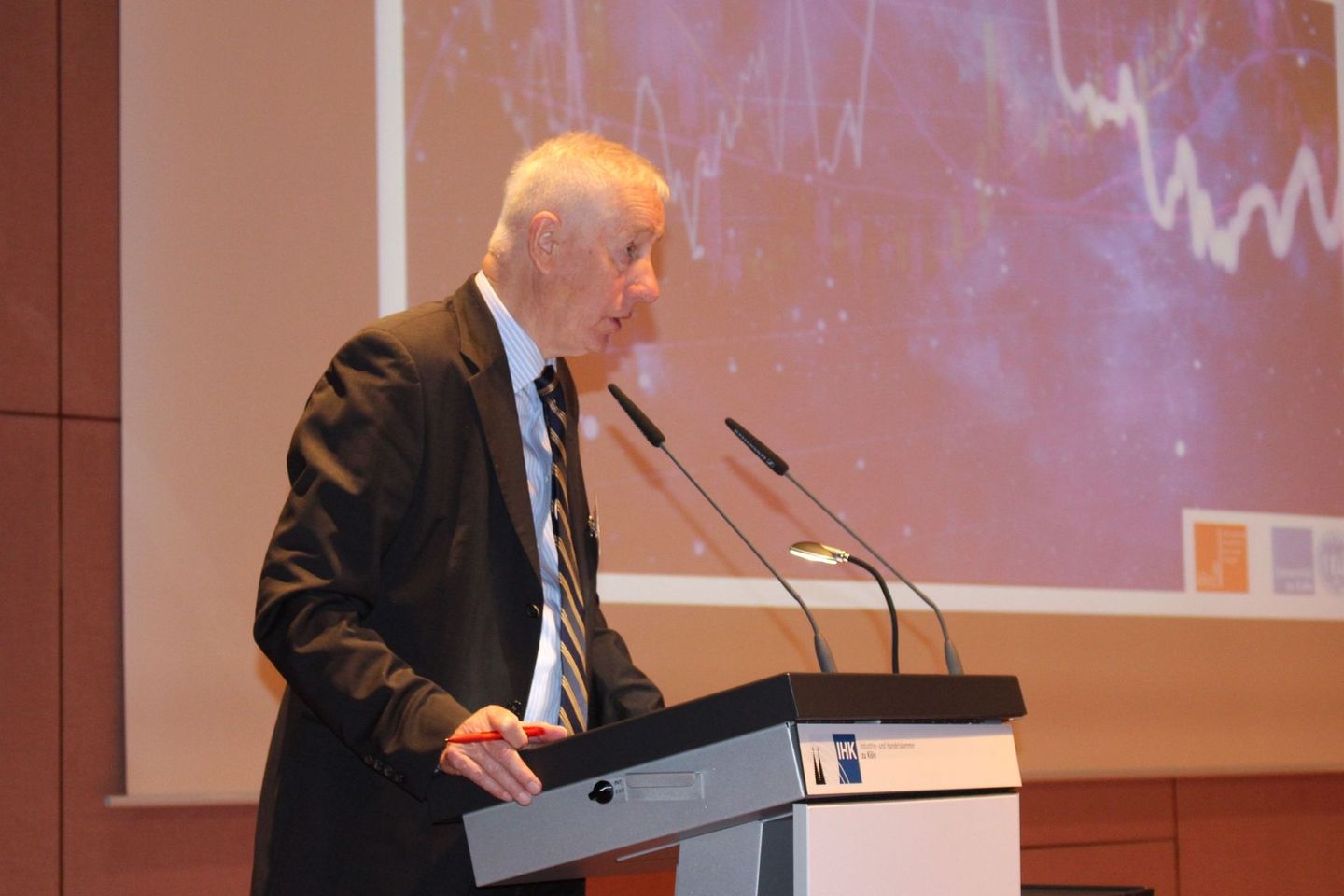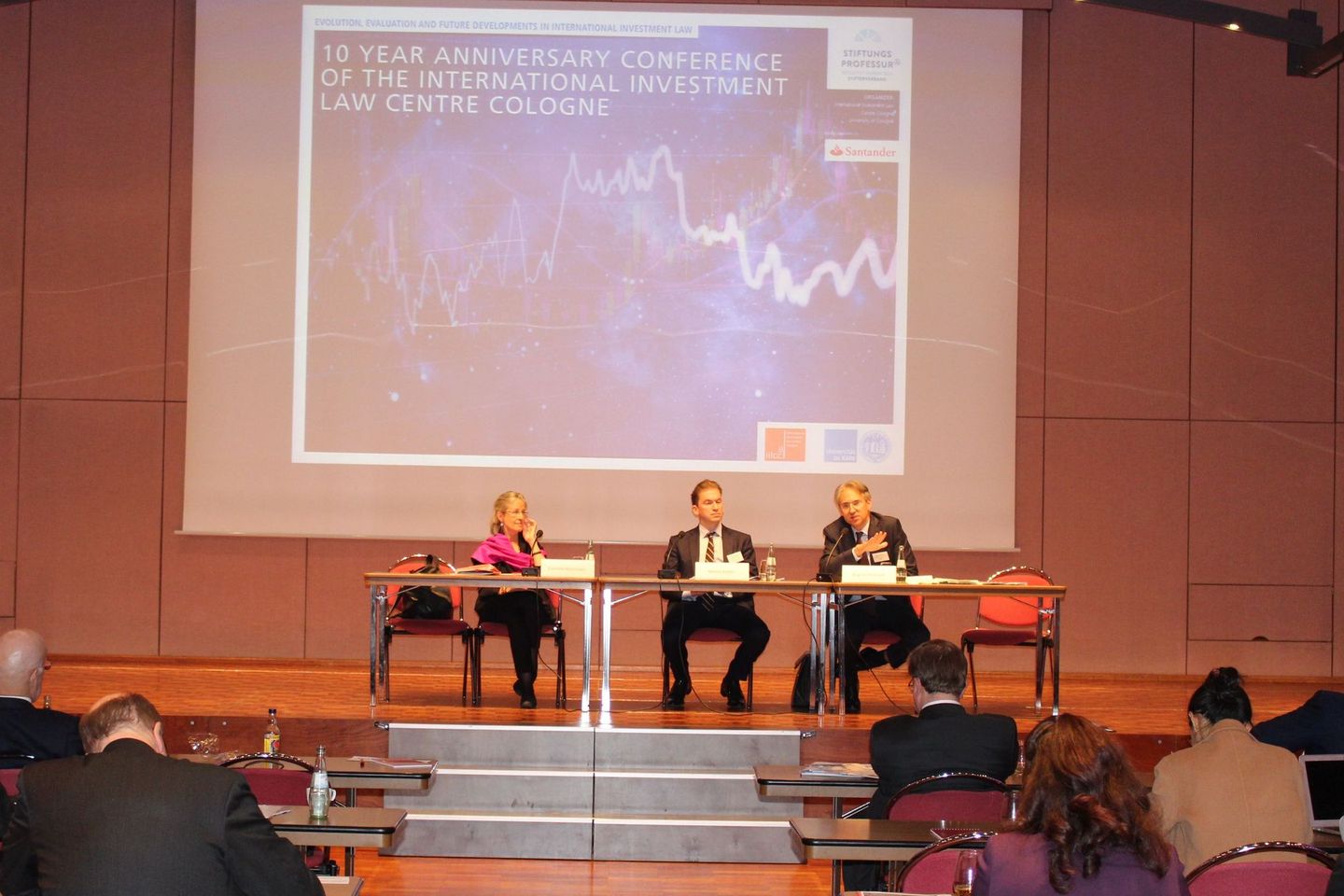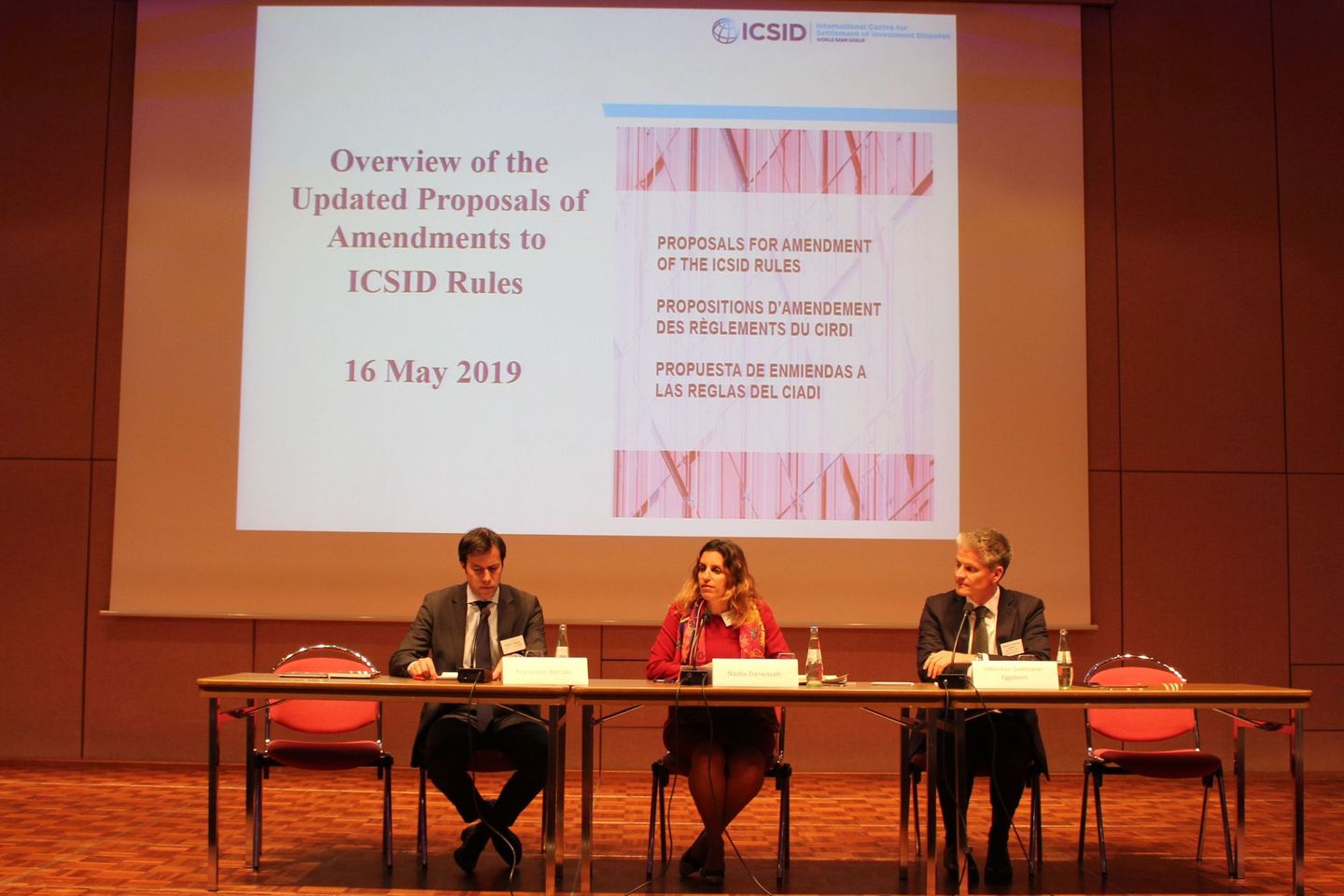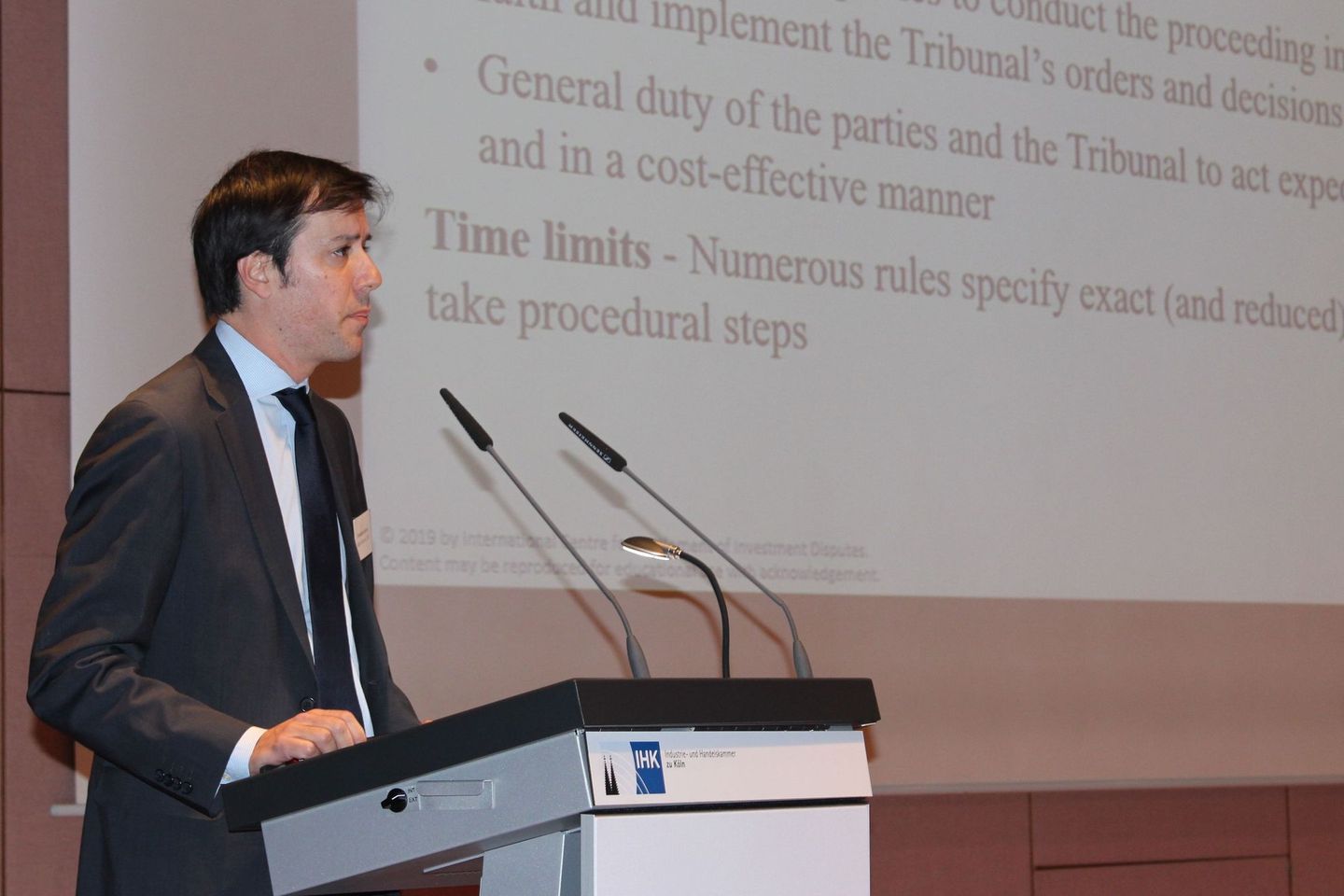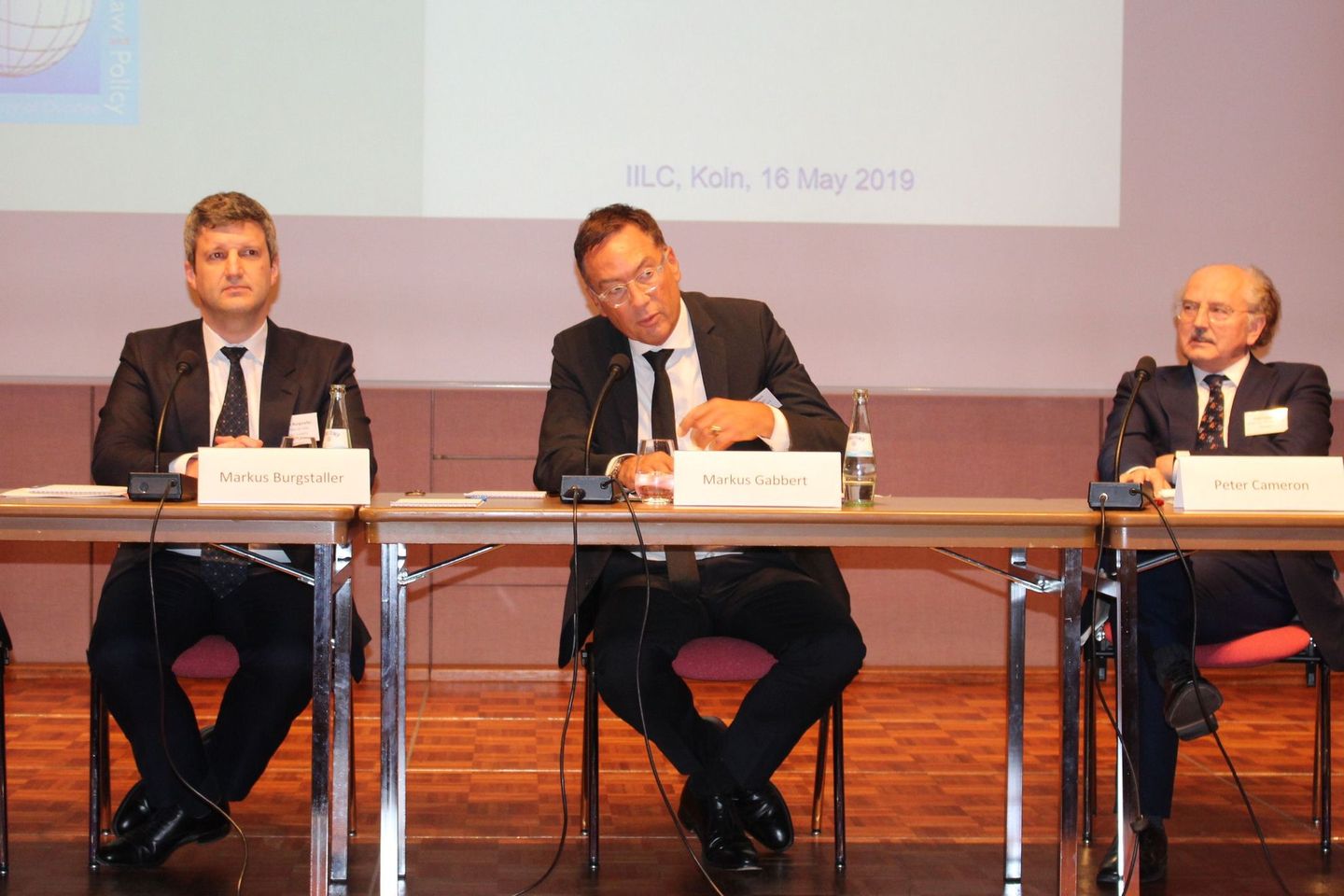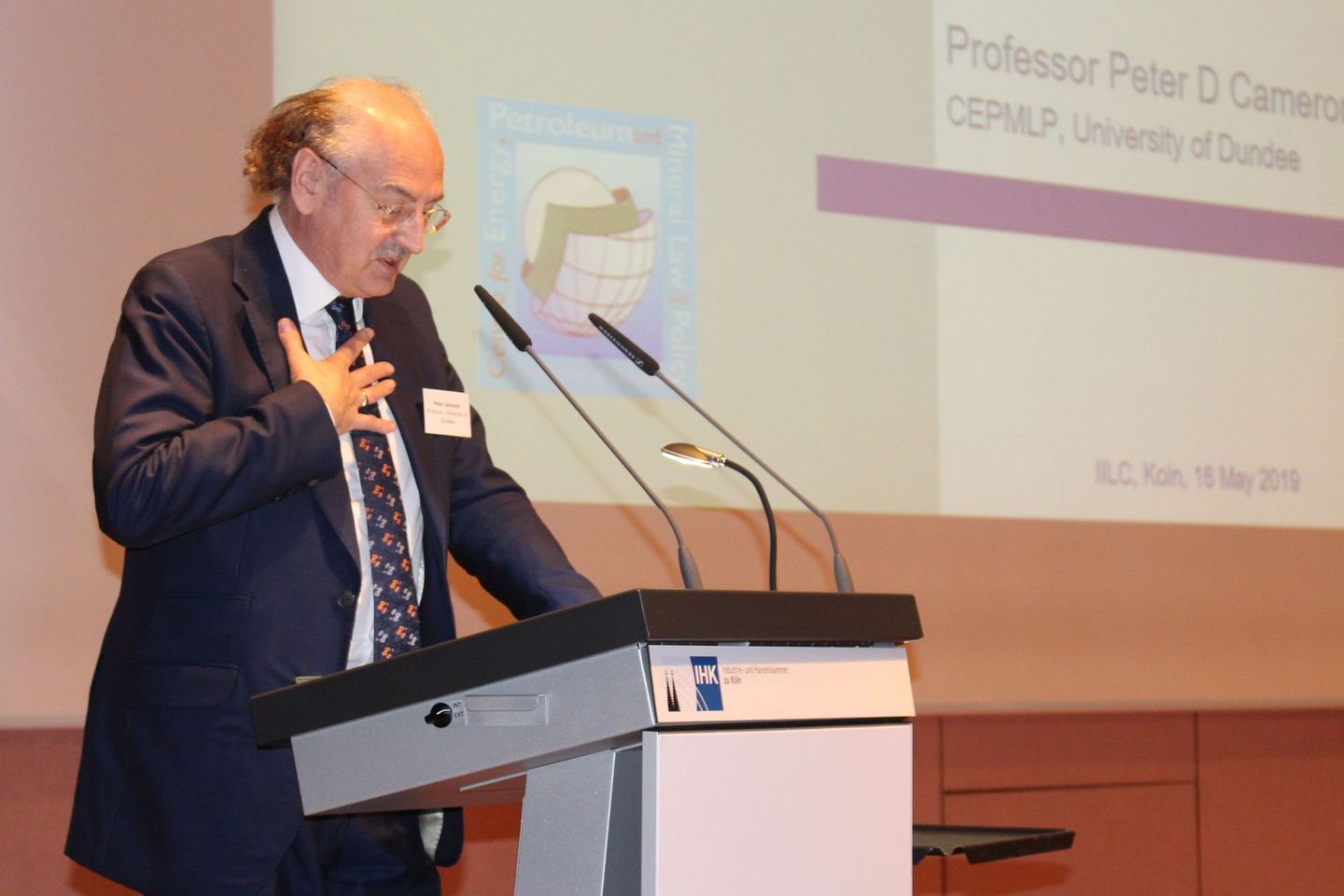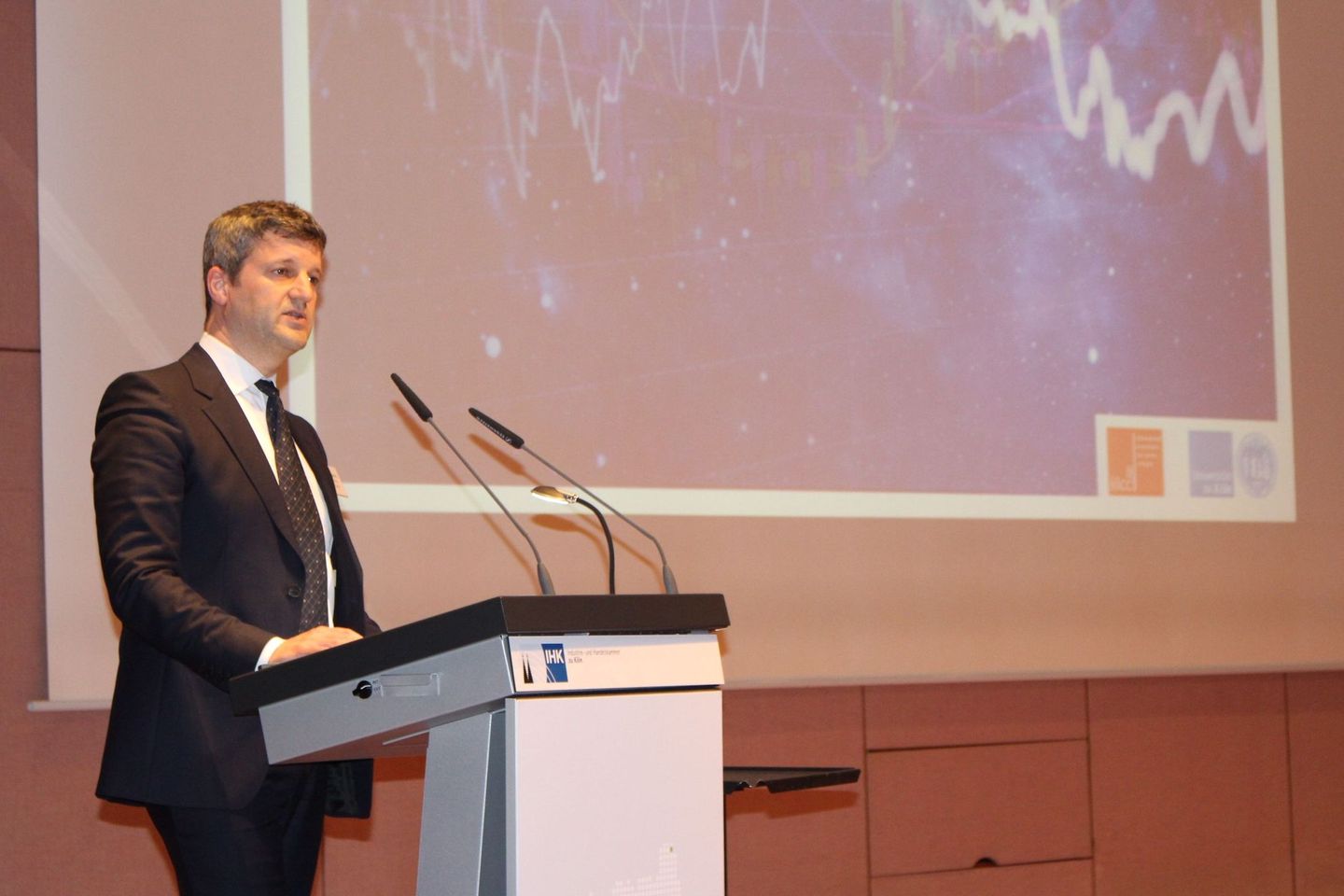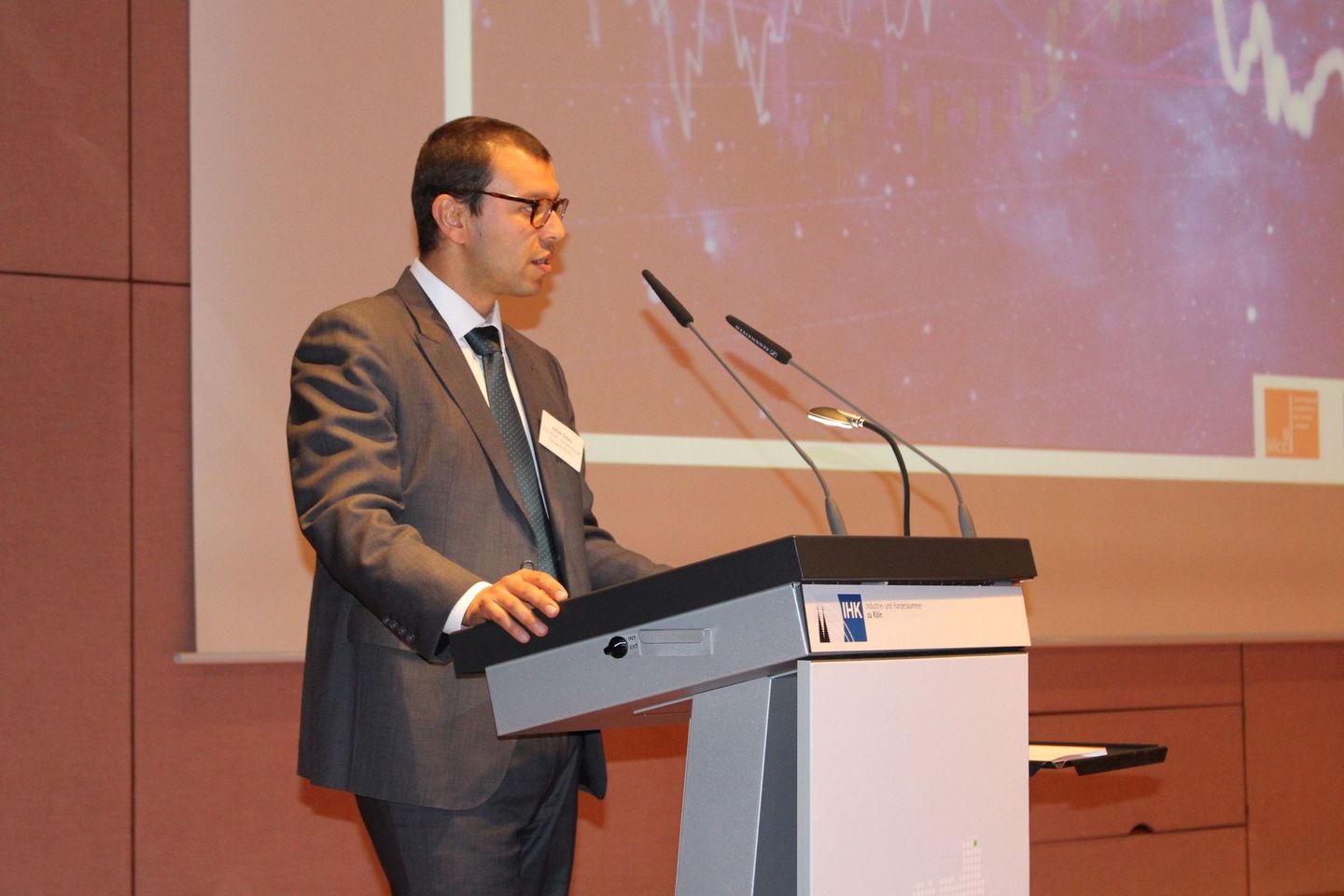10 Year Anniversary of the International Investment Law Centre Cologne
The complete conference report was published in the German Arbitration Journal (SchiedsVZ 2019, 277 – beck-online / Kluwer Arbitration) .
In addition, the proceedings of the 10 Year Anniversary Conference were published in 2021: Hobe/Scheu, Evolution, Evaluation and Future Developments in International Investment Law - Proceedings of the 10 Year Anniversary Conference of the International Investment Law Centre Cologne, Nomos 2021
On 16 May 2019, the International Investment Law Centre Cologne (IILCC) celebrated its 10 year anniversary with an academic conference on the topic ‘Evolution, Evaluation and Future Developments in International Investment Law’. In accordance with its mission statement to offer a forum for exchange between academia and practice, the IILCC invited academics, practitioners and students to exchange their views and engage in discussions on past developments and future trends of international investment law. The event took place at the Cologne Chamber of Industry and Commerce (IHK Cologne) and was kindly supported by Santander Universities and a group of leading law firms.
At the outset, the Executive Director of the IILCC, Prof. Dr. Dr. h. c. Stephan Hobe, greeted the participants and gave a short overview of the IILCC’s activities over the last ten years. After paying tribute to Prof. Dr. Jörn Griebel (University of Siegen) and his role in creating and developing the Centre, he described recent developments under the new general manager, Jun.-Prof. Dr. Julian Scheu. His address was followed by welcoming remarks from Henriette Reker (Mayor of the city of Cologne), Dr. Werner Görg (President of the IHK Cologne), Oliver Burda (Deputy CEO of Santander Consumer Bank), and Prof. Dr. Klaus Peter Berger (Vice-Dean of the Faculty of Law of the University of Cologne).
The first panel chaired by Prof. Dr. Karl-Heinz Böckstiegel (Arbitrator) dealt with the ‘Evolution of Investment Law in Treaty Making and Arbitral Practice’. The presentation delivered by Prof. Dr. Christoph Schreuer (Arbitrator; Zeiler Partners) focused on three themes: the shift from contract- to treaty-based arbitration, the evolution of practice concerning applicable law from national to international law and the trend towards a more restrictive treatment of investors’ rights. The commentator, Dr. Claudia Annacker (Cleary Gottlieb), made out a recent trend in post-2010 treaties to significantly restrict access to international arbitration and attributed it to the inconsistent arbitral practice in the past.
In second panel was chaired by Dr. Patricia Nacimiento (Herbert Smith Freehills) and analyzed the relationship between international investment law and general international law. In his presentation, Prof. Dr. Christian Tams (University of Glasgow) described the position of international investment law as being “special, but embedded”. He raised the question of whether investment law might not be a motor for general international law. Along the same lines, Prof. Dr. Bruno Simma (Iran-United States Claims Tribunal) stressed the symbiotic relationship between substantive standards in international investment law and general international law. After the presentations the chair put the question, what a world without BIT would look like, up for discussion.
After a short lunch break, Prof. Dr. Christian Borris (Borris Hennecke Kneisel) led the panel on pitfalls to avoid in the drafting of investor-state contracts. In her presentation, Dr. Anke Sessler (Skadden, Arps, Slate, Meagher & Flom) revealed possible traps in the context of e.g. choice of law and stabilization clauses. Prof. Dr. Dr. Rudolf Dolzer (Arbitrator) complemented the presentation by adding that when drafting an investor-state contract, one had to take into account that the current state of law could stay or change.
Then, the discussion shifted to more procedurals aspects. The panel chaired by Dr. Moritz Keller (Clifford Chance) addressed the UNCITRAL reform process on ISDS. In her presentation, Corinne Montineri (United Nations Office of Legal Affairs) outlined the characteristics of the institutional framework in which the current discussions are held. In his comment, Prof. Dr. August Reinisch (University of Vienna) picked up on the substantive matters considered by UNCITRAL in light of concerns regarding inconsistency, decision-makers and costs and duration. It was discussed to which extent a multilateral investment court would solve the problem of inconsistency.
Subsequently, the panel chaired by Nadia Darwazeh (Clyde & Co) discussed the ongoing amendment process of the ICSID Arbitration Rules. Francisco Abriani (ICSID Secretariat) gave an overview over the updated proposals of amendments and touched upon different aspects like the notice of third party funding. The comment by Dr. Sebastian Seelmann-Eggebert (Latham & Watkins) recalled that the system of ICSID arbitration is functional and in view of the proverb “if it ain't broke, don't fix it” the scope and impact of any reform should be considered carefully.
The last panel, chaired by Markus Gabbert (German Investment Corporation) addressed the topic ‘Investment Protection and Sustainable Energy Projects in the Age of Climate Change’. In his presentation, Prof. Dr. Peter Cameron (University of Dundee) accounted for a context of disruption in investment protection regarding sustainable energy projects, whose emergence, according to him, cannot be solely traced to climate change, but rather reflects the disappointing experience with investments in the past. Dr. Markus Burgstaller (Hogan Lovells) pointed to recent treaty practice in which the protection of the environment is taken into account in the preamble and through carve-outs to the definition of indirect expropriation.
In his closing remarks, Jun.-Prof. Dr. Julian Scheu (General Manager of the IILCC) thanked the speakers for their presentations and outlined the Centre’s ongoing activities regarding the access to justice in the field of investor-state dispute settlement. For the future, he suggested to develop a vision in which international investment law is part of the solution for global challenges like the respect for human rights or environmental protection. After parting words delivered by Prof. Dr. Dr. h. c. Stephan Hobe, the conference came to an end with a reception.
